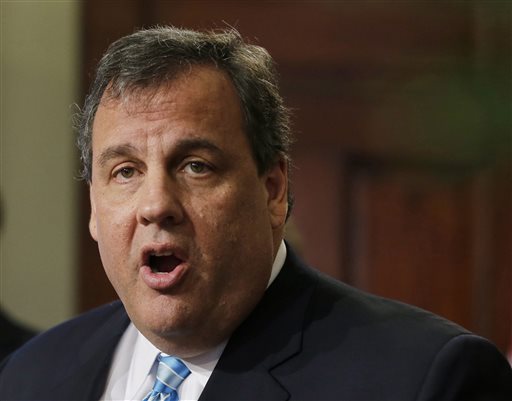Less than a week after credit rating company Standard & Poor’s lowered New Jersey’s credit rating to A+, the third lowest in the nation, New Jersey failed to deliver the revenue needed to keep the budget afloat in March, falling seven percent below the predicted rate proposed by Governor Chris Christie.
The Record reports that revenue for the month of March fell $145 million dollars below the expected amount, according to Christie. New Jersey’s fiscal year contains only three more months, and given the state’s constitutional requirement that budgets balance by the end of the year, Christie and the state legislature must make that deficit disappear within that period of time by any legal means.
The Christie administration has alleged that they have cut nearly $700 million to keep the budget balanced, but many of the items included in that budget are fixed and cannot be cut. This is the result of previous legislation. Most controversially, it results from the pensions of government workers who have already retired and depend on them for income. The proposed budget for the next fiscal year contained the largest payout to federal pensions in the history of the state, something the Governor objected to but does not have the constitutional authority to prevent.
This news is the latest in a string of woeful financial developments for the state, following the announcement from S&P that they would lower New Jersey’s credit rating. Among the reasons: Governor Christie’s revenue projections have failed to hit the target for three straight years. S&P follows a similar decision by Moody’s Investor Service last December to lower their credit outlook for the state, citing the “sluggish” recovery from the 2008 collapse and significant revenue issues.
Christie’s administration’s legacy appears to be heading down a bifurcated path–two parallel stories of a highly divisive character’s many human conflicts and a province in a state of unceasing fiscal emergency. The news media have, understandably, latched onto the former. Christie is, after all, a compelling public figure surrounded by mischievous backroom bosses and weaselly sycophants willing to turn upon the slightest hint that law enforcement has any idea of how deep the conspiracies go. These fascinating dramas deliver a look into the human condition that New Jersey’s budget crisis never will on the surface, but the circumstances for the future of the state’s taxpayers are too dire to ignore.
A study released this January found that New Jersey was the least economically solvent state in the nation, again citing revenue problems and outrageous government spending on salaries and pensions. The slow rebuild to an economic situation that is viable for job creators has led wealthy residents to make an exodus from the state to neighboring states or south to more hospitable states like Texas or Florida. This has significantly impacted New Jersey’s revenue, as many of the state’s richest pay the most taxes. The numbers are shocking: one study found that had New Jersey recovered at the same pace that neighboring states did, it would have had $3.3 billion more to work with in its 2013 budget.

COMMENTS
Please let us know if you're having issues with commenting.